News Archive
-
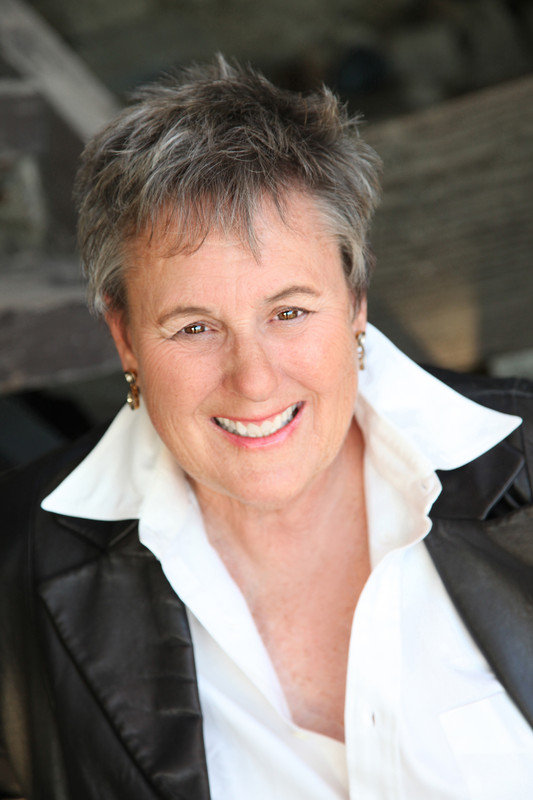
Since 1932, the USC Alumni Association has paid tribute to distinguished members of the Trojan Family. The USC Alumni Awards are one of the highest honors presented by the university, recognizing each recipient’s significant contributions to their chosen profession. In 2016, Suzanne Dworak-Peck will become the third graduate of the USC School of Social Work to be honored in the history of these awards.
-
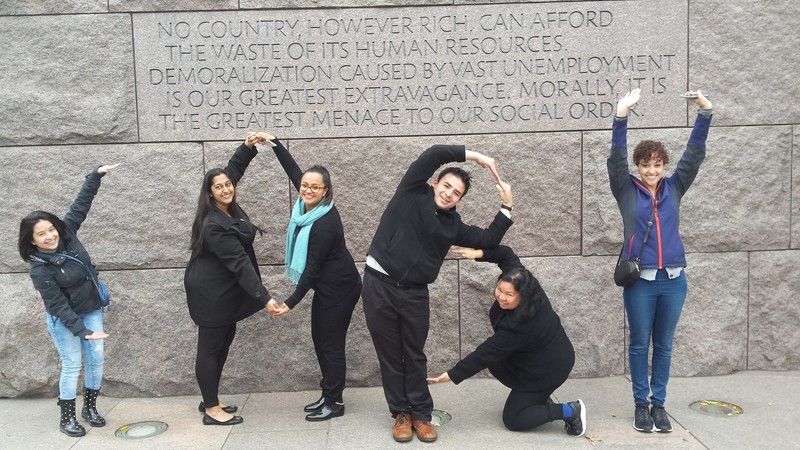
Delphie Morales, a graduate student in the Community, Organization, and Business Innovation department at the USC School of Social Work, said she found her voice in Washington, D.C.
-
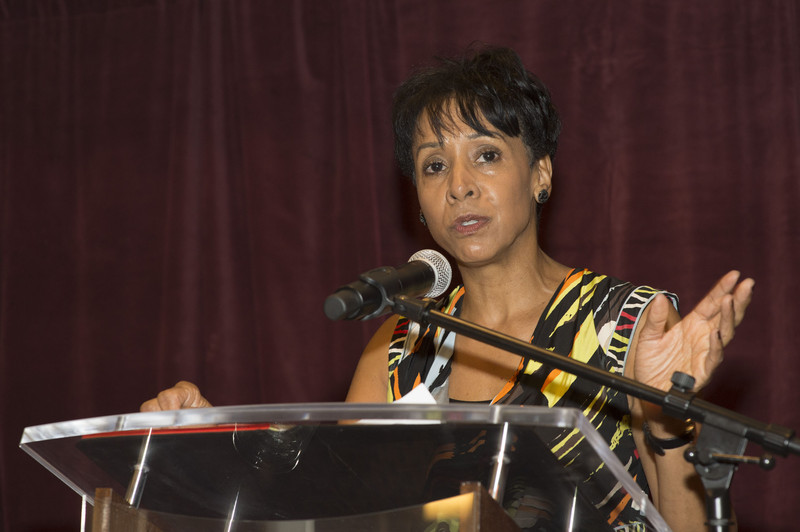
A writer who shined a bright light on challenging social issues throughout Southern California, a longtime advocate for vulnerable children and families, and an innovative social work education program received laudatory recognition from the California Social Welfare Archives during its annual awards reception.
-

In a time of frequent budget cuts to music and arts programs, many schools might resign themselves to thinking “that's the way of the world.” But come “September,” Erielda Casaya-Wright will choose the “shining stars” at local schools who will receive new instruments or funding from the Verdine White Performing Arts Center’s music foundation, turning their classrooms into “boogie wonderlands.”
-
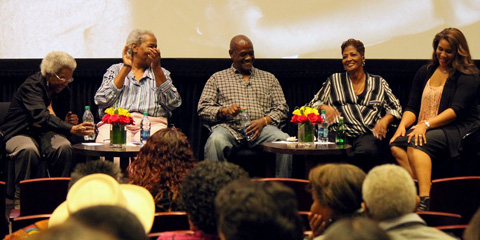
HIV/AIDS education, prevention and treatment efforts often focus on young adults and other populations considered the most sexually active and at risk.
Yet, statistics show that HIV/AIDS is not just a young person’s disease.
-
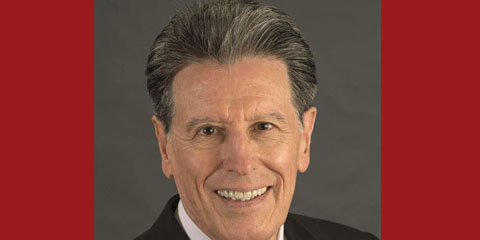
America is aging.
By 2050, the number of adults aged 65 years and older will nearly double; the number of elders of color will more than triple. The notion of advancing public health for older Americans may seem contradictory in our youth-oriented culture, yet people aged 65 years have an average of almost 20 years or more remaining in their lives, an increase of more than 50 percent during the past century.
-
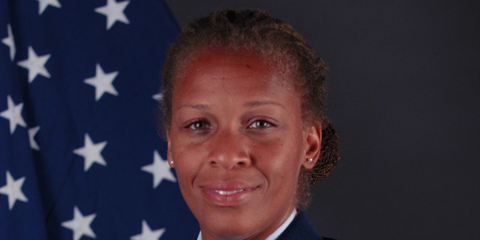
Carla J. Thornton had always been involved in community work, but it took being part of a class on community organizing to change her life. The light bulb moment came while she was obtaining her master’s in social work at the University of Southern California. “I realized I could do social work at the macro level and directly impact individuals,” she said.
-
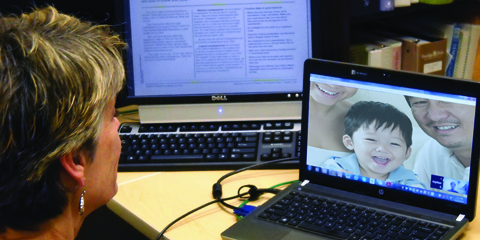
Parents as Teachers National Center and the University of Southern California School of Social Work have successfully launched a pilot program marrying the Parents as Teachers evidence-based home visiting model with USC Telehealth.
-
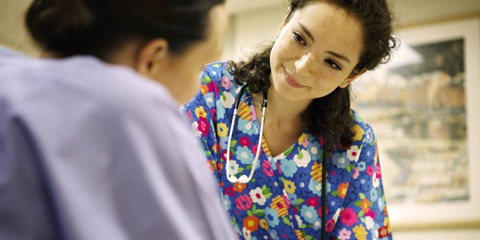
The USC School of Social Work is now accepting applications for Nursing@USC, a new online Master of Science in Nursing (MSN) for aspiring family nurse practitioners (FNPs). Nursing@USC is the first graduate nursing program in the United States to integrate nursing and social work practice. The program is designed to prepare nurses for clinical leadership roles through an understanding of the biological, behavioral and social factors that influence health and well-being. The first class begins September 2016.
-
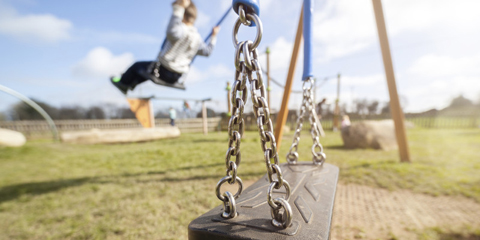
The Children’s Data Network (CDN) at the University of Southern California School of Social Work has added two more comprehensive “snapshots” to Connecting the Dots, its online resource for policymakers, public agencies, community groups, the media and others interested in current research about the health and well-being of children, families and communities in Los Angeles County.